Host • Burton Snowboards | |
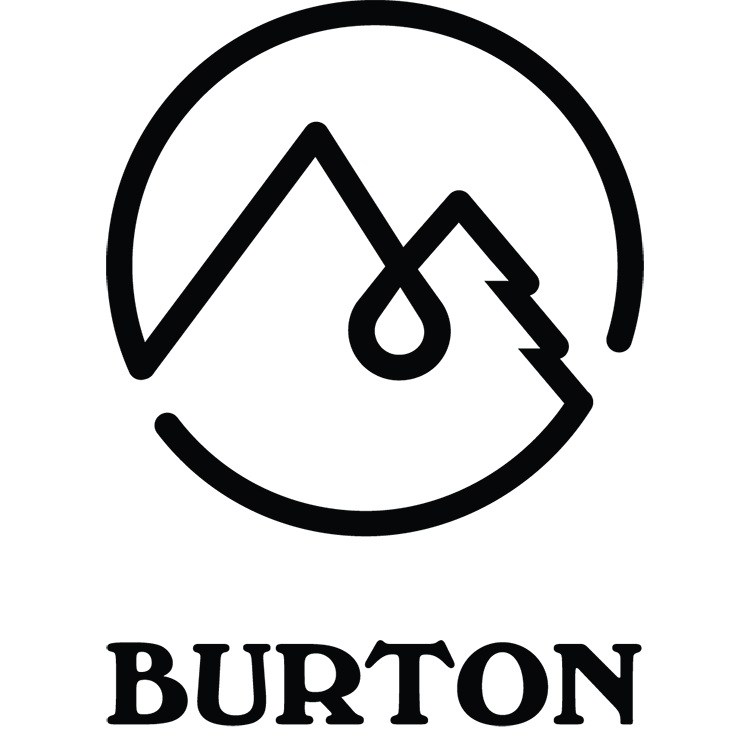 | Project Title – PassAlong: Product as a ServiceAs the only snowboard company designated as a B Corporation, Burton Snowboards maintains its placement in the snow sports industry as a product innovator and global market leader. Burton recently created the Pass Along program, which aims to keep its products out of landfills and enjoyed for extended periods across its global consumer base. Pass Along is a dynamic circular economy that will enable customers to sell back their equipment and soft goods for resale and refurbishment by Burton, thus extending its lifetime across multiple users. Not only does this strategy help to protect the environment, it also endeavors to make snowboarding more accessible to customers in untapped markets from a variety of backgrounds and demographics. UVM’s Sustainable Innovation MBA students are tasked with assisting the implementation of this re-commerce program by doing financial analysis and modeling, investigating other innovative business models that could expand this program, and delivering a comprehensive planning report. The students are encouraged to use their creativity and share additional recommendations to Burton in the area of environmental stewardship, customer engagement, and profitability. This dynamic practicum hosted by Burton will require students to utilize their spectrum of knowledge and skills learned in SI-MBA, including engaging corporate social responsibility strategies, marketing, finance, and data analysis. |
OWN VENTURE • DIPIDI.COM | |
 | Project Title – Creating sustainability changemakers and intrapreneurs as a competitive edge for a staffing agencyStaffing employees are seen as employees filling a temporary gap, without the recognition of their abilities to do more. With dipidi.com, I aim to recreate a broader staffing firm in which every employee will be trained constantly as a changemaker for sustainability as a competitive edge. The strategy will be focused on the Dutch market. |
FELLOWSHIP • ENVIRONMENTAL DEFENCE FUND | |
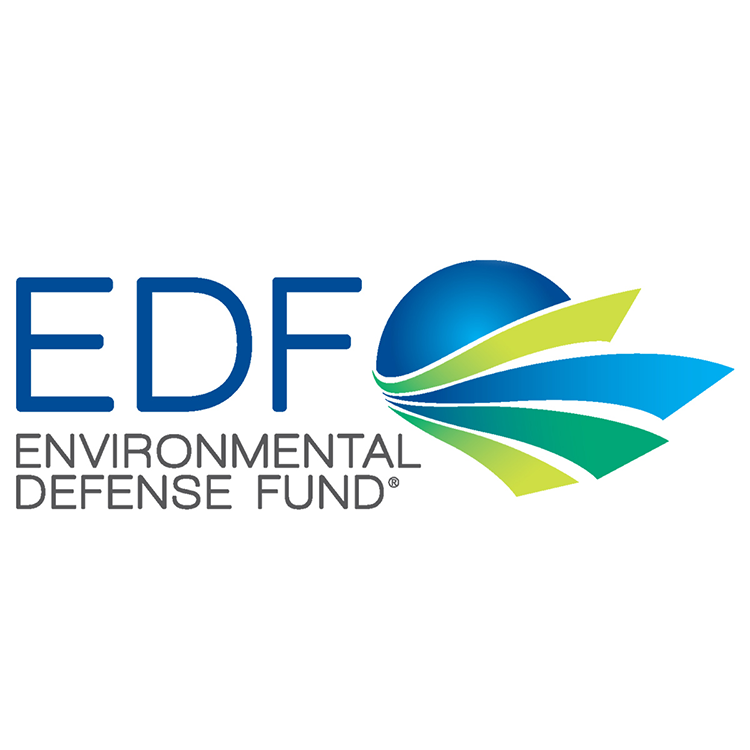 | Project Title – Environmental Defense Fund Climate Corp FellowshipThe Environmental Defense Fund (“EDF”) is one of the world’s largest environmental organizations, with over 2.5 million members and over 700 employees around the world. Founded in 1967, EDF is known for its work on issues including global warming, oceans and human health. As noted by the Economist, EDF is “America’s most economically literate green campaigners. The EDF Climate Corp Fellowship was created in 2008 and was meant to bring together top graduate student talent, coupled with EDF resources and expertise in a variety of subject matters and industries to help organizations meet sustainability and energy goals. Since its inception, over 1,000 graduate students have worked on projects with over 450 organizations around the world, resulting in over $1.6 billion in energy saving projects identified. |
HOST • FABLE FARM | |
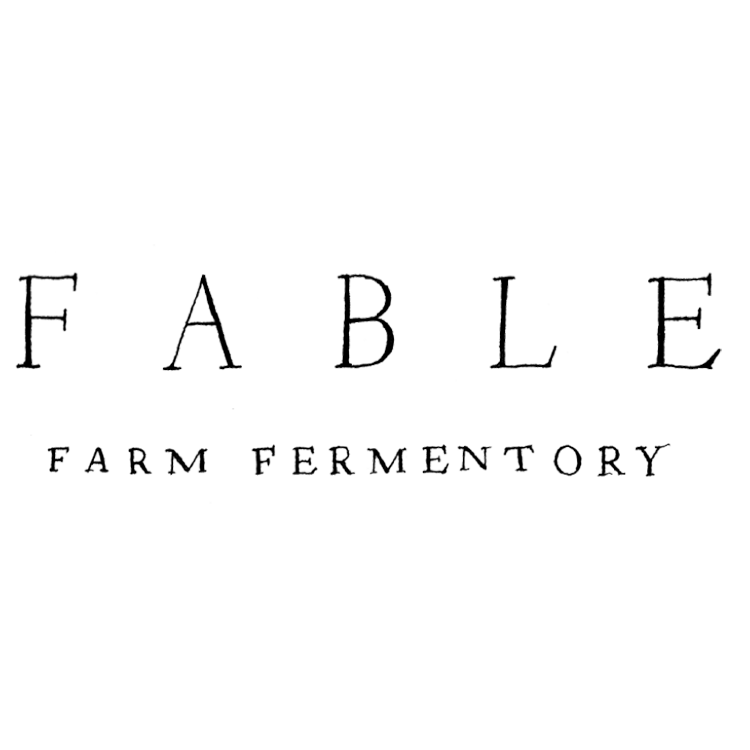 | Project Title – PassAlong: Product as a ServiceThis practicum will focus on helping empower and solidify a farm business-cultural organism into a thriving, robust expression of a rural agrarian enterprise. Over the last 11 years, Fable Farm has come a long way since it started as a vegetable farm turning into a fully integrated perennial farm, winery and gathering space that supplies living wines and vinegars to niche urban markets across the country. The Farm is at a crossroads of growth and looks to take the business to the next level. Specifically, the Farm is interested in identifying and examining new potential revenue streams, distribution methods, human capital challenges, internal reorganization, and capital/infrastructure development projects that would increase capacity and efficiency. Areas of focus for research include hospitality and other onsite revenue streams, product development, farm expansion projects, and strategic equipment needs. Honing in on areas of biggest needs (such as business structure and operation, marketing, etc.) will be the initial challenge that will help pivot the direction of this practicum. |
HOST • GRIFFITH FOOD | |
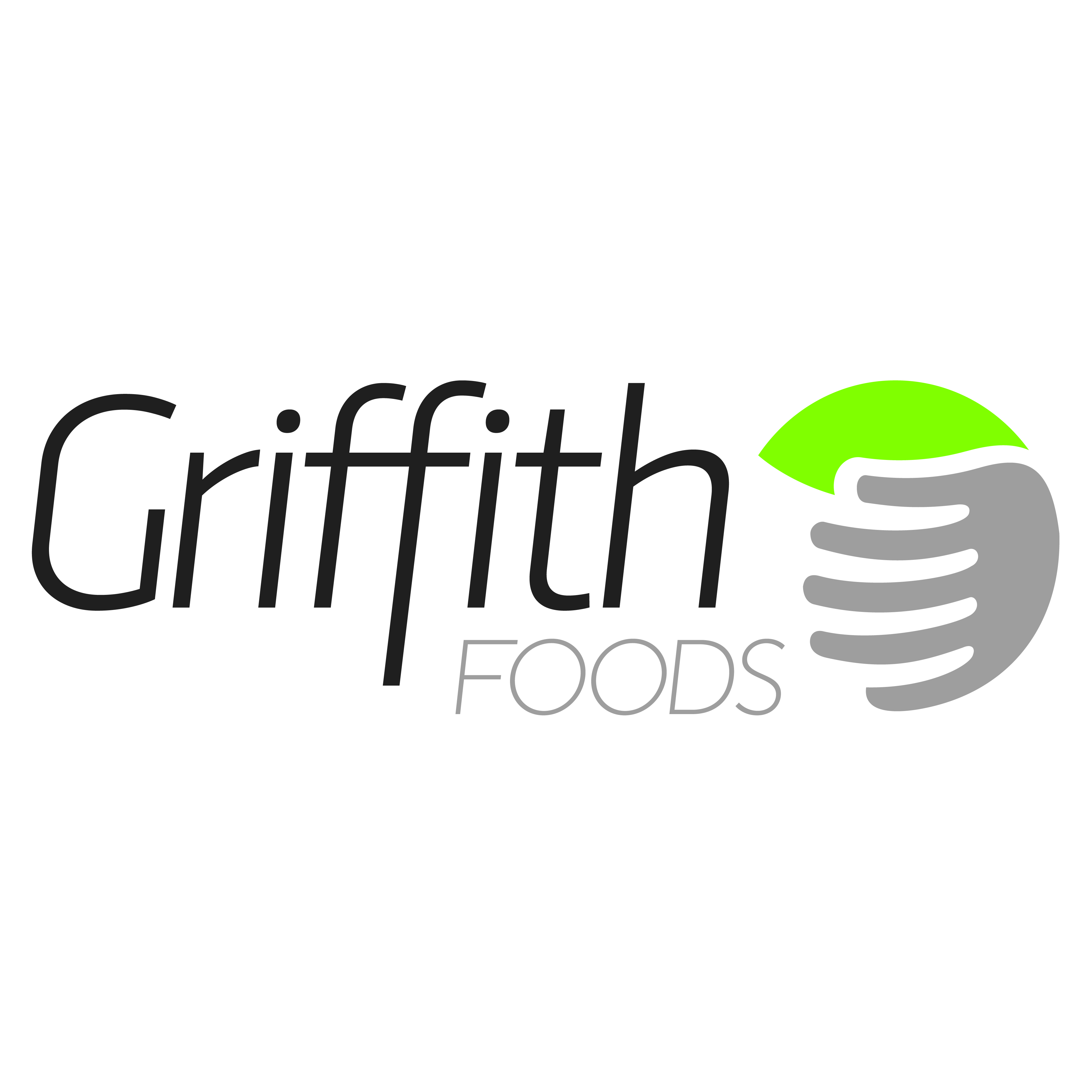 | Project Title – Co-creating a Fortified, Affordable Food to Improve the Nutritional Status of Adolescent GirlsGriffith Foods is a family-owned global developer and manufacturer of customized food ingredients whose purpose is to “blend care and creativity to nourish the world”. The company manufactures a variety of products, ranging from seasonings and coatings to marinades and sauces blended to specifications for the food industry. Founded in Chicago in 1919, the company has expanded around the world with a presence in over 30 countries and sales of more than $1 billion worldwide. A worldwide network of Griffith facilities exists to support customers locally and help them grow globally. The Griffith team is truly immersed in bringing Shared Value to the world with their current products and ongoing projects in the Base of the Pyramid markets. They are committed to bringing food and nutrition security for all segments of society. Their unique strategic partnerships with NGOs, large food corporations and government entities bring innovative products to at-risk populations while creating value from food excess. This practicum project focuses on evaluating potential partnerships to co-create a fortified, affordable food product to improve the long-term nutritional status of at-risk populations in Mexico and Guatemala, while building Griffith’s long-term competencies to create partnerships and build shared value for future projects. The team will work with Griffith Foods including the R&D Department, sourcing and product development experts and the marketing team, to create a viable business model and cohesive strategy to transform an existing challenge into a social and economic opportunity. |
HOST • INDUSTRYSTAR | |
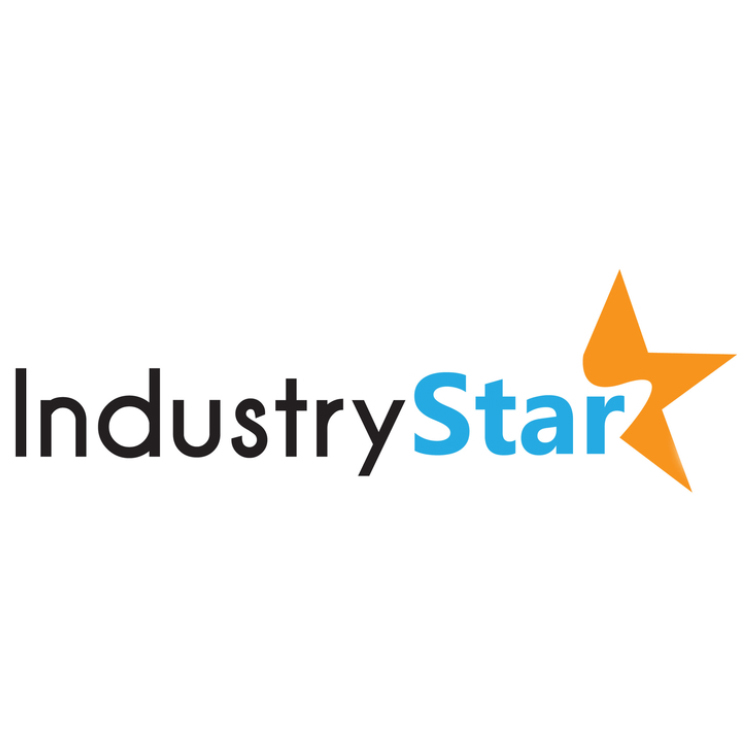 | Project Title – Building a Closed Loop EV/AV Supply Chain for Tomorrow’s Mobility TechnologyBased in Ann Arbor, MI, IndustryStar is an on-demand supply chain services and software technology company passionate about partnering with companies to bring innovative and disruptive products to market that will have a positive impact on the world. By pairing their proprietary cloud-based software with a world class supply chain management team, IndustryStar is able to take customers from idea to product with less time, cost, and risk. On the back of five straight years of 20% YoY revenue growth, IndustryStar is looking to expand its core business offerings to include sustainable product sourcing and services for its customers. This means embedding sustainability in daily operations and looking beyond cost and quality in the decision-making process. In order to achieve our shared sustainability goals, our team will work to map a closed loop direct-to-consumer electric/autonomous vehicle supply chain. This will entail working directly with both suppliers and customers to help optimize operations and adopt a longer-term approach to ROI. |
HOST • MASCOMA BANK | |
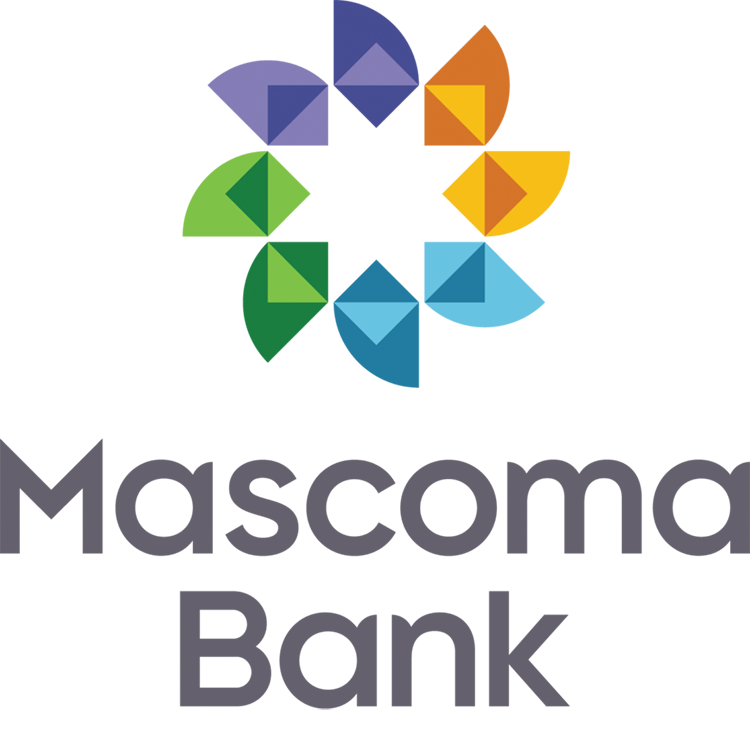 | Project Title – Using Non-traditional Banking as a Force for Good: Defining a Sustainable Growth Plan for BurlingtonAfter financing commercial projects in Burlington for a decade (including the South End City Market and the Sailing Center), Mascoma is expanding its retail presence to the area with three non-traditional branches in 2019/2020. Mascoma seeks to promote an innovative and more sustainable approach to Banking that identifies and addresses issues traditional financial institutions fail to recognize. The focus of the project is to conduct a Diversity, Equity and Inclusion assessment of the Old North End and greater Burlington area, with an eye on identifying opportunities to impact local communities, to eventually define a Burlington Growth Strategy that benefits all stakeholders, while growing deposit balances. |
HOST • NATIVE ENERGY | |
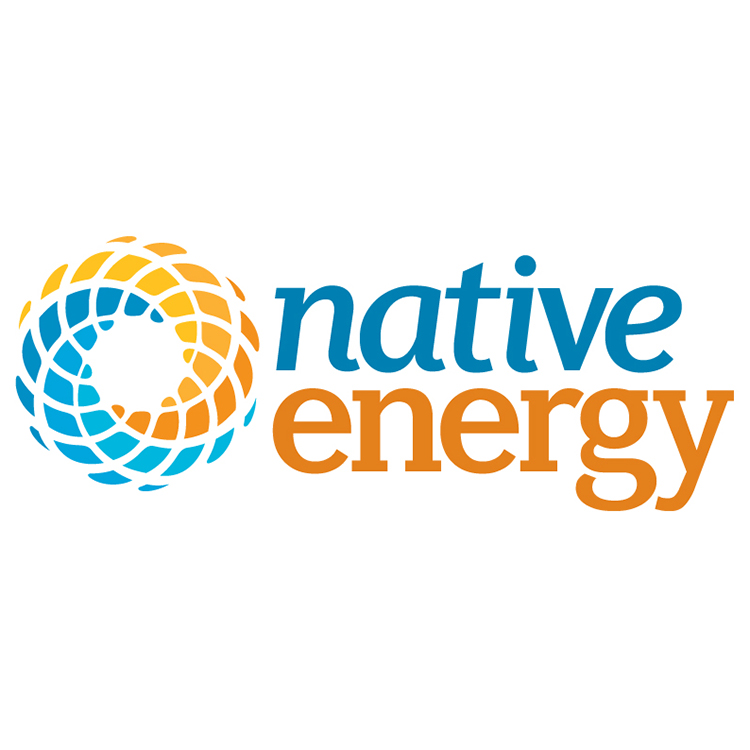 | Project Title – Regenerating Soil Carbon in the International Cotton Supply ChainBurlington-based NativeEnergy originates custom greenhouse gas emission reduction projects for companies and brands. NativeEnergy’s combined project development and greenhouse gas strategy expertise helps companies and brands realize their sustainability vision, strengthen their supply chains and enhance their business, all through the lens of reducing industry emissions. To achieve these goals, Native Energy originates high impact projects including increasing efficiency of supply chains, sequestering carbon in soils, and to renewable energy projects in global communities. Their focus is on community-scale projects with high social and environmental impact. This Practicum Project will strive to find a scalable and feasible opportunity to reduce carbon emissions in the cotton supply chain, potentially in India. By mapping out the dynamics of a region’s cotton supply chain, including existing sustainable approaches (such as the regenerative organic certification or no-till farming practices), we aim to identify key players in the cotton supply chain, to target the opportunity most ripe for carbon emission reductions. The project will develop a plan to reduce greenhouse gas emissions within the selected cotton supply shed that satisfies stakeholder expectations, farm needs, and brand requirements. Reduction opportunities could be anywhere in the supply chain, so the scope is to assess any and all processes involved from the farm level to the initial manufacturing level. The optimal carbon reduction strategy will leverage other social and/or environmental value, such as through increasing farmer income resilience, reducing fertilizer application, or optimizing transportation routes. |
HOST • RESONANCE | |
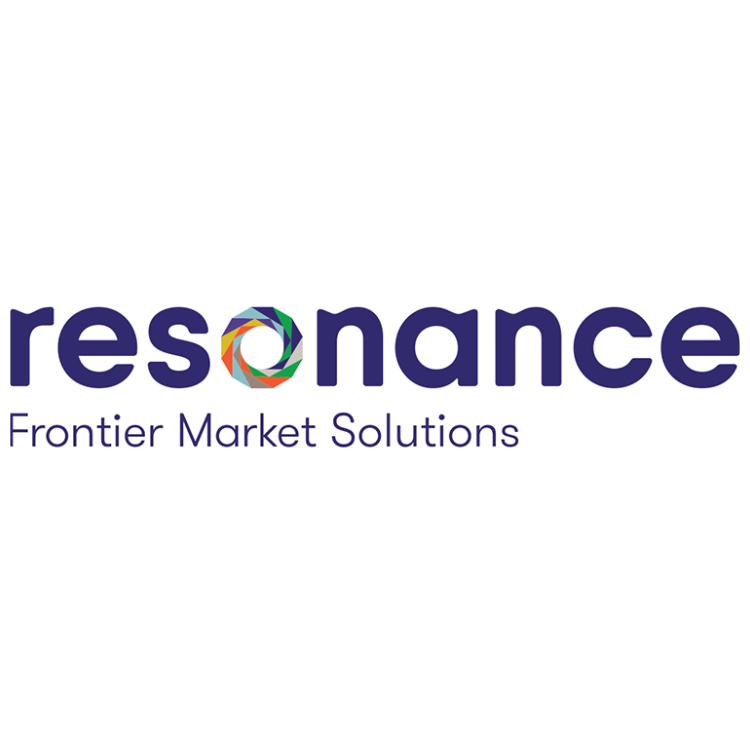 | Project Title – Evaluating the Viability of Developing Sustainability Consulting Services for Mid-Tier CompaniesResonance is a mission-driven consulting firm headquartered in Burlington, VT that has fueled significant growth by working at the intersection of global development and corporate sustainability. Together with their clients and stakeholders, they kickstart bold new partnerships, innovations, and business models that better meet the needs of consumers and communities worldwide. All of their work is guided by their mission: Igniting Opportunity. Advancing Global Good. As sustainability and environmental, social and governance (ESG) become increasingly mainstream business topics, their practical applications and implications are moving down market from Fortune 500 to the massive middle market – where there are over 180,000 companies with annual revenues between $10 and $100 million. Currently, there is little information surrounding the largest and most common sustainability challenges middle-market firms face. The SI-MBA team will assist Resonance with a landscape assessment and analysis of the drivers of corporate sustainability initiatives in the middle market and answer the question “Are there industrial, geographical, business model, ownership structure, or other elements that correlate with willingness to pay for sustainability initiatives for middle market companies?” |
HOST • SEVENTH GENERATION | |
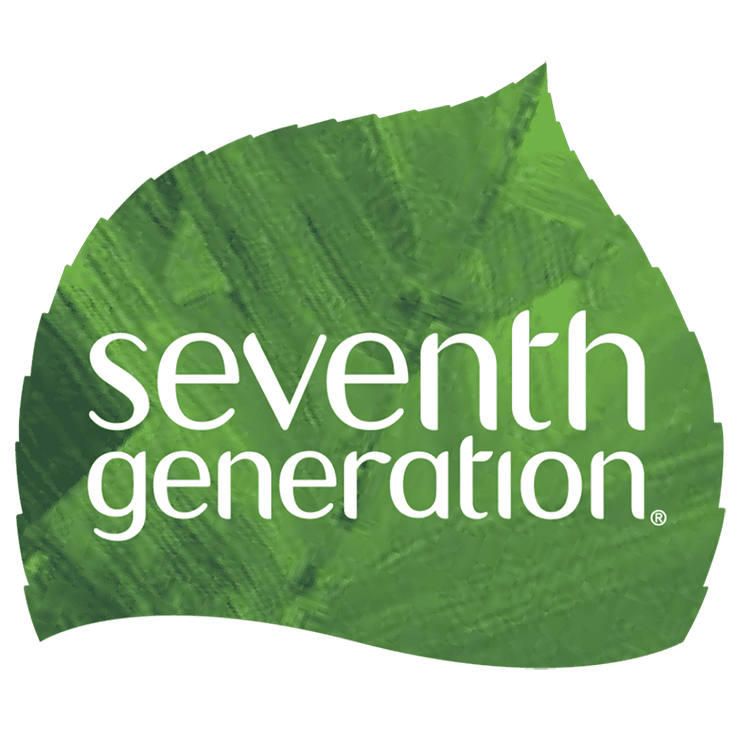 | Project Title – Developing Global Sustainable Innovation StrategySeventh Generation’s mission is to transform the world into a healthy, sustainable and equitable place for the next seven generations. For the past 30 years, we’ve been a company with strong beliefs about people and planet. We believe that a company’s values are as important as the products it makes and have recently launched into 30 new global markets in order to expand our mission and aspirations through our sustainable home care products. The goal of this project is to develop a 3-year global sustainable innovation strategy for priority markets based on key environmental, social and human health issues that consider Seventh Generation’s strengths in product development, advocacy, and consumer communication. The design of the research will focus on addressing the most pressing threats to human and environmental health while exploring the current state of local policies and politics, consumer behavior and culture, and sustainable product development challenges. The ideal strategic roadmap will harmonize product development and advocacy strategies. Each key region will receive a tailored global plan to guide the strategic product work aligning with our 2025/2030 sustainability goals. |
HOST • TRANE TECHNOLOGIES | |
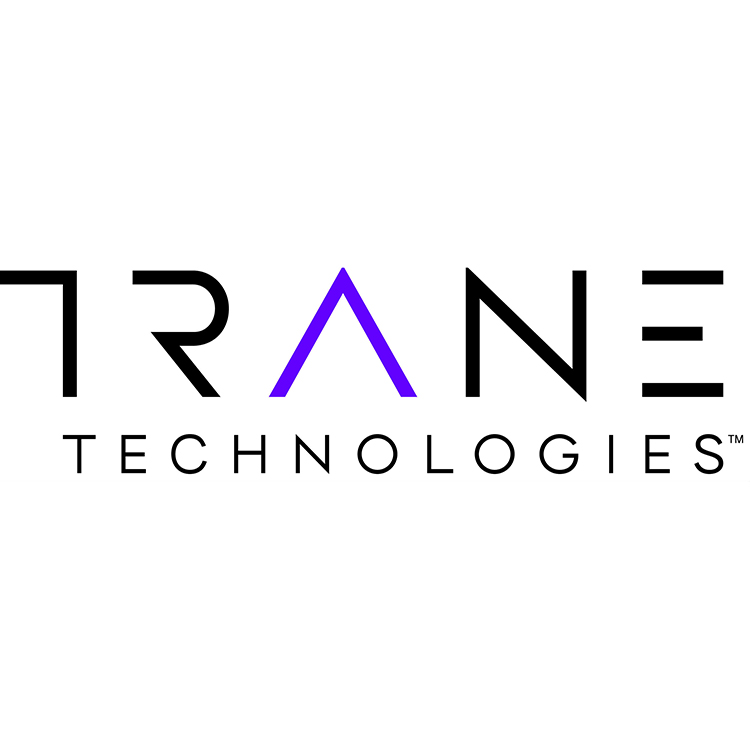 | Project Title – Bringing the 2030 Sustainability Commitments to LifeTrane Technologies is a pure-play climate technologies company formed after splitting Trane and Thermo King from Ingersoll Rand. The company’s 2030 Commitments include reducing customers’ CO2 emissions by one billion tons and creating a takeback economy for their products. |
HOST • URSA MAJOR | |
 | Project Title – Sustainable Growth Opportunities for Ursa MajorUrsa Major was founded in 2010 by Emily Doyle and Oliver Sweatman after leaving New York City behind for rural Vermont in search of a more balanced life that would also bring them closer to their families and the great outdoors. The two were in pursuit of a more natural and active lifestyle and wanted to create products that focused on clean, plant-powered, and effective ingredients. Thus Ursa Major was born, a skincare company striving for natural products pioneered by their very first launch; the Stellar Shave Cream. From there, the product line grew to house lotions, hair care, serums, masks and more. The values of the company are rooted in non gendered offerings and simplified skincare routines that don’t compromise your health or the environment. The Ursa Major brand also emphasizes simplicity and speed rather than multi-step routines. They even highlight travel kits that provide small size products meant for those who live the on-the-go lifestyle. Ursa Major is clearly centralized around all things health and environment and has been trying over the last few years to reflect those values internally. Our team has the opportunity to build on these values and create a program that aligns Ursa Major’s mission and values with employee’s values and actions. This program will facilitate sustainable practices amongst employees. We will focus on educating each member of the Ursa Major family on their impact on the climate and how they can thread sustainability and environmentalism into their everyday office life as well as the Ursa Major brand. |
HOST • VENTURE.CO | |
 | Project Title – Designing a Sustainability Metric for an Impact FundVENTURE.co is a boutique investment bank that leverages its proprietary software to compliantly and efficiently manage subscriptions to private securities (growth stage companies, funds, real estate, etc.). In 2020, VENTURE.co plans to launch a select number of proprietary products – funds – to meet investor and issuer demand. One of those products will be an Impact Fund and is being scoped to contain a diversified mix of asset classes and investment vehicles. The fund will need to assess investments based on a sustainability metric, standardized so as to avoid the obvious greenwashing apparent in proprietary methodology. This practicum project will put together a fund creation plan, research the available methodologies, and make a recommendation as to which, and why, one is recommended. This practicum will also design a template for annual investor impact reporting, based on that methodology. This practicum will also work collaboratively with the fund managers to design and market the fund to the appropriate target clientele, which are Registered Investment Advisors (RIAs) and Family Offices. |
OWN VENTURE • VERMONT WILDERNESS MEDICINE | |
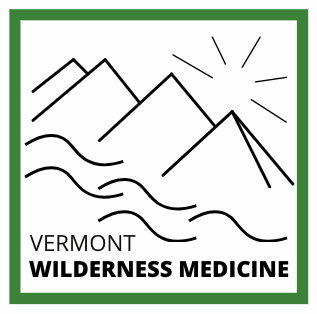 | Project Title – Advancing Medical Education in the Backcountry: An Entrepreneurial AdventureVermont Wilderness Medicine LLC is an entrepreneurial business venture designed to offer continuing medical education credits for medical professionals. By expanding outside the walls of the hospital, we plan to utilize nature as our classroom. Courses will be offered throughout Vermont ranging from the Green Mountains to the shores of beautiful Lake Champlain. The course objectives will emphasize instruction of medical knowledge with the integration of communication and interpersonal skills to increase accessibility and comfort treating illnesses in the backcountry. Courses will encompass a holistic approach to learning, extending beyond Powerpoint slides with an active learning and scenario based curriculum. The goal of this entrepreneurial practicum will be to create a sustainable enterprise, blending my passion for medicine, academia, and the outdoors through business. The practicum will focus on the construction of the business from the ground up. Initial framework development will include building a business model, creating an operating budget, obtaining proper accreditation status, and constructing a diverse academic portfolio to craft a fun yet challenging curriculum. |
HOST • VSECU | |
 | Project Title – VSECU Environmental Sustainability ReportVSECU is a member-owned cooperative and not for profit credit union for everybody who lives or works in Vermont, offering a full range of affordable financial products and services to its member-owners. VSECU is committed to improving the lives of Vermonters by empowering the possibilities for greater financial, environmental, and social prosperity. This practicum is focused on furthering VSECU’s efforts toward strengthening the sustainability of its business operations, becoming a meaningful extension of its environmental mission statement. The team will develop a methodology to measure and report on VSECU’s environmental impact resulting from operating activities and associated travel (Carbon emissions from direct and upstream indirect sources, water usage, paper consumption, and solid waste generation). This practicum is also focused on developing recommended benchmarks and initial potential strategies to reduce VSECU’s environmental impact, consistent with their mission and commitments to financial, social, and environmental well-being for their members, employees, and communities. |
